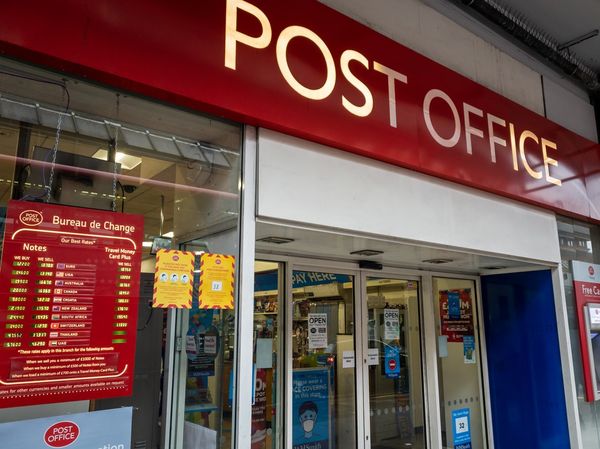Rising inflation may subdue household spending this Christmas according to the latest figures from Asda’s Income Tracker.
The tracker, which measures household disposable income, fell for only the second time this year, decreasing by £1.98 in October, leaving the average UK household with £247 per week. The 2.3 per cent rise in inflation was primarily driven by higher energy prices, reflecting the rise in the Ofgem price cap that took place at the start of the month and caused housing, water, electricity, and gas bills to increase.
It has led CEBR, who produce the Income Tracker on behalf of Asda, to predict that households will face “dampened spending power over the festive period”. The rising cost of essential spending will be particularly concerning for households on lower incomes heading into Christmas.
These households saw the slowest growth in disposable income since January this year at just 1.6 per cent. Consequently, their net income does not cover the cost of bills and essential spending – leaving them with an average weekly shortfall of £69.
Across age groups, those aged 30 to 49 experienced the fastest annual rise in the cost of essential spending, which increased by 3.8 per cent to £765 in October. These households, often made up of younger families with children, face significant essential expenses, including childcare costs.
The rise in essential spending also saw these households record the weakest growth of any age group with their disposable income only increasing at 5.5 per cent to £298 per week in October – their weakest growth since January. Cebr expects the inflation rate is expected to remain above target for the rest of the year.
Sam Miley, Managing Economist and Forecasting Lead at Cebr, said, “October’s reading was only the second time this year that the Income Tracker reading has fallen on the month.”
“This was largely expected, given the increase in the Ofgem price cap that took place at the start of the month, bringing higher energy bills. These increased energy prices will persist over the rest of Q4, leading to slightly dampened spending power over the festive period.”











![Post Office branches are assets or liabilities? [Exclusive]](https://www.asiantrader.biz/media-library/image.jpg?id=55310585&width=600&height=400)








